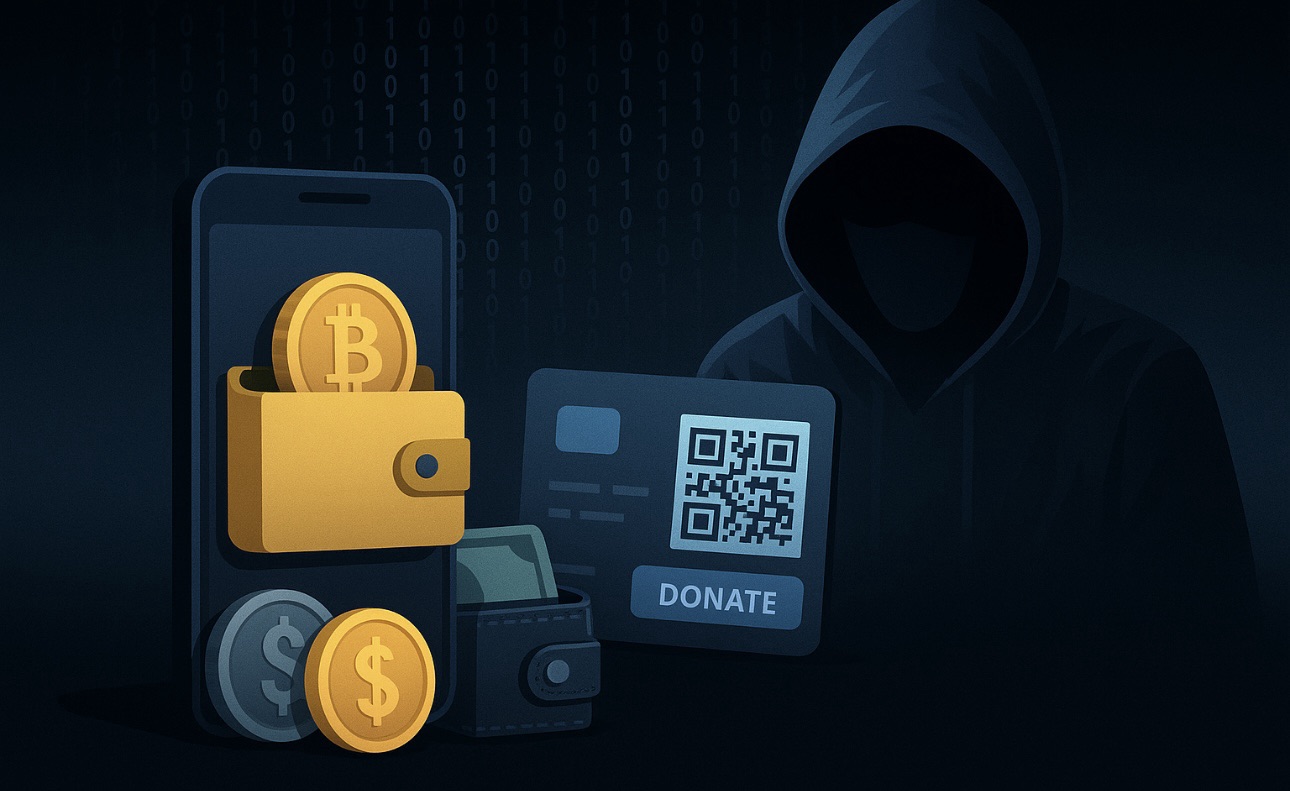The terrorist group Jaish-e-Mohammed (JeM) is once again under international scrutiny after new reports revealed their evolving financing methods. According to Indian media, the Pakistan-based organization now relies on digital wallets and dark web channels to raise and transfer funds. This shift in strategy is seen as an attempt to bypass formal financial monitoring systems and increasingly strict global regulations.
Who is Jaish-e-Mohammed?
Founded in the early 2000s by Masood Azhar, Jaish-e-Mohammed has long been listed under United Nations sanctions through the 1267 Committee. The group gained worldwide notoriety after claiming responsibility for the Pulwama attack in 2019, which killed dozens of Indian security personnel. Its status as a banned organization has been reinforced by the United States and multiple global authorities, making JeM one of the most closely monitored terrorist actors in South Asia.
New Patterns in Terror Financing
Indian reports highlight that JeM has turned to digital wallets to move funds across borders. Security officials suggest that these transactions are often concealed via anonymous dark web channels. Such digital routes allow faster, cheaper, and harder-to-trace fund flows. Some reports even suggest the use of fake charity platforms and QR codes shared via encrypted messaging apps to collect donations.
This trend aligns with the findings of the Financial Action Task Force (FATF), the international watchdog on money laundering and terror financing. FATF’s latest report underscores a significant rise in the misuse of digital assets, stablecoins, and e-wallets by terrorist groups worldwide.
Pakistan Under Diplomatic Pressure
Although Pakistan was removed from the FATF grey list in 2022, the issue of terrorism financing continues to fuel diplomatic pressure. In mid-2025, India pushed for Pakistan to be re-listed due to alleged tolerance of groups like JeM. This reflects Pakistan’s fragile financial reputation in the eyes of the international community.
Global Risks of the Dark Web
The dark web has long been a hub for illegal activities, ranging from drug trafficking and arms deals to stolen data trading. FATF’s concept of “blended financing” highlights how terrorist groups mix digital channels with traditional systems like hawala and cash smuggling. This hybrid model makes financial investigations more complex and significantly increases global security risks.
Implications for Financial Systems
This evolving trend demands stronger monitoring systems from banks and fintech providers. FATF stresses the importance of enforcing the “travel rule” for virtual asset service providers, which requires transaction data transparency across borders. Without robust compliance, global financial systems remain vulnerable to exploitation by groups like JeM.






